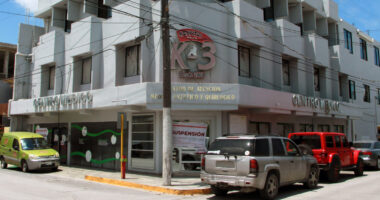
The lodging industry is under such stress that some property sellers are willing to lend to prospective hotel buyers the way auto dealers finance vehicle sales: Offer cheap rates and sometimes with little money down.
Banks and owners want to get rid of unprofitable hotels that offer little near-term prospect for recovery. But unloading them at bargain prices would lead to losses on their balance sheets. So some are turning to what is known as seller financing.
With the typical hotel purchase, a property buyer pays the seller the full purchase price upfront and finances the deal in part with mortgages. But these loans have been harder to come by with the lodging business struggling.
Seller financing is the real-estate equivalent of buying a car with dealership financing. A hotel buyer pays only part of the price upfront, usually between 25% and 50%. The rest is treated as a loan from the seller to the buyer, and interest rates are often far lower than for traditional mortgages.
For sellers, the practice avoids painful write-downs in the present, but it also risks merely delaying a reckoning. By lending to the new owner, they remain tied to the hotel and at risk of losses if the still-soft lodging market doesn’t recover soon enough.









